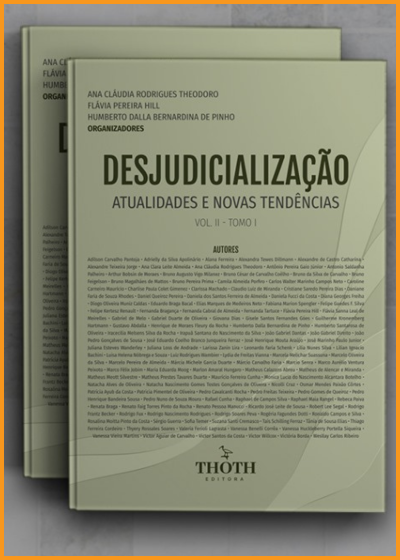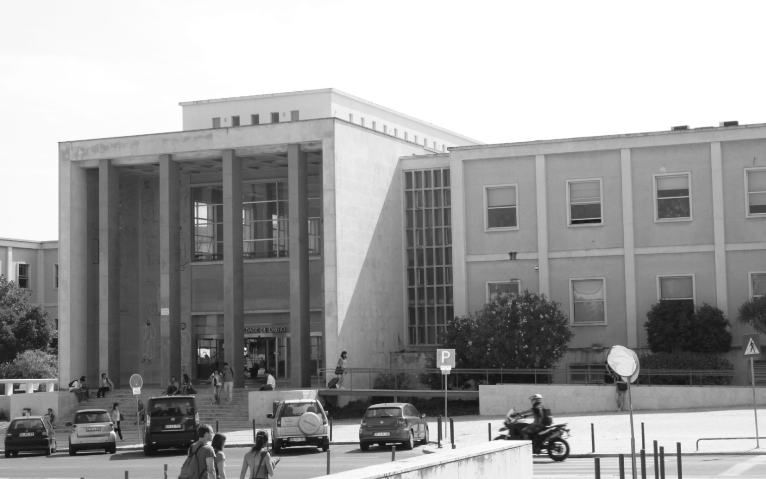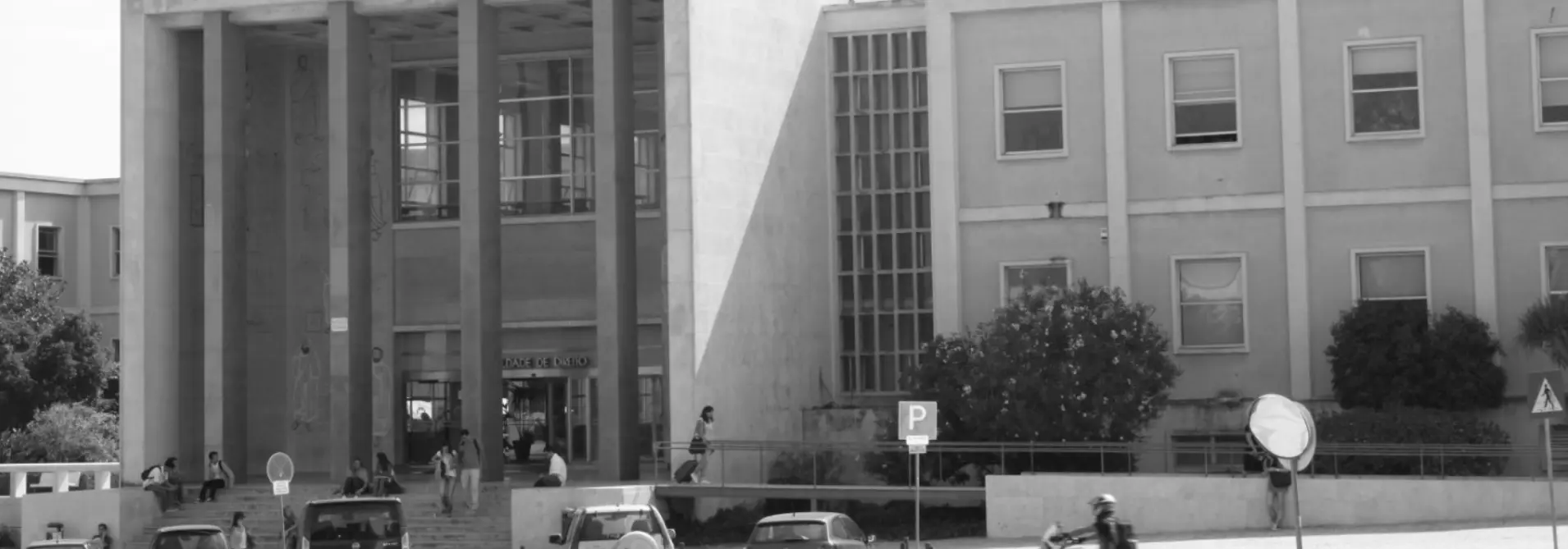Procedural Law is currently undergoing a profound transformation, moving away from the traditional centrality of the judiciary in resolving disputes towards the consolidation of a multi-door justice system, which brings other actors into the process. Within this context, dejudicialisation emerges as a rapidly expanding phenomenon in Brazil and abroad, characterised by the creation of various mechanisms for conflict resolution and for carrying out civil acts without judicial intervention. This volume offers readers both an introduction to and a critical analysis of numerous dejudicialisation initiatives across a wide range of fields — including Family Law, Enforcement, Property Law, Civil Procedure, Criminal Procedure, Labour Law, Arbitration, Mediation, and International Legal Cooperation. Written by 66 specialists in the field, the work provides both theoretical and practical perspectives on new pathways for resolving conflicts outside the judicial system.
Readers will gain an understanding of the new directions of Procedural Law and will be equipped to apply the most up-to-date conflict resolution mechanisms in their professional practice — whether as lawyers, judges, public prosecutors, public defenders, or registrars of extrajudicial notary offices.
The book therefore provides both academics and legal practitioners with a theoretical and practical update, acquainting them with the new model of conflict resolution — one that goes beyond state-adjudicated solutions and offers a wide range of new possibilities in the extrajudicial sphere.
Article published by Marcio Senra, LPL Associate Researcher, featured across Vol. II, Parts I and II, of the book "Desjudicialização: Atualidades e Novas Tendências":
Desjudicialização: Atualidades e Novas Tendências – Volume II – Tomo I
CAPÍTULO 24 – Marcio Senra
A DESJUDICIALIZAÇÃO TRIBUTÁRIA E O ESTADO CONSTITUCIONAL DEMOCRÁTICO DE DIREITO (?!) — PARTE 1
Desjudicialização: Atualidades e Novas Tendências – Volume II – Tomo II
CAPÍTULO 81 – Marcio Senra
A DESJUDICIALIZAÇÃO TRIBUTÁRIA E O ESTADO CONSTITUCIONAL DEMOCRÁTICO DE DIREITO (?!) — PARTE 2



